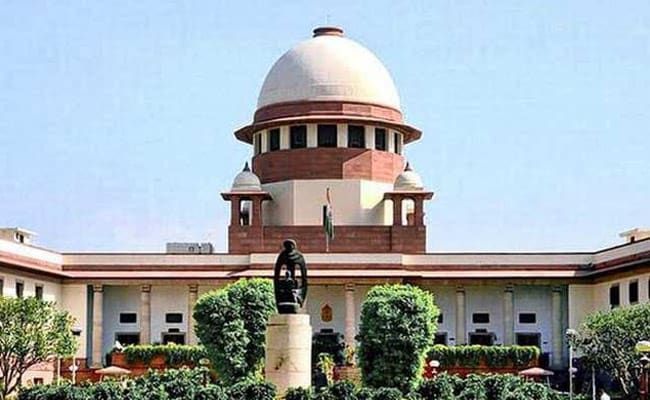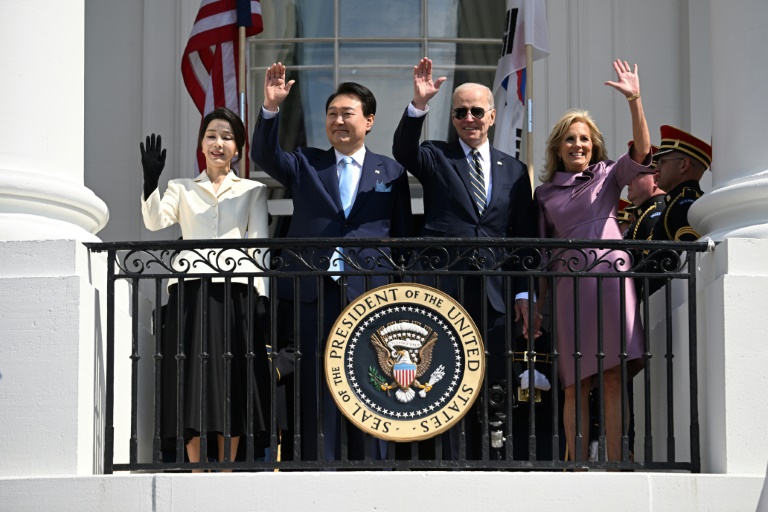New Delhi:
The Supreme Court on Friday dismissed petitions seeking a court-monitored SIT probe – under the oversight of a retired Justice of the top court – into the sale of (now banned) electoral bonds amid allegations of “quid pro quo” arrangements between political parties and corporate donors.
The court said individual grievances – referring to discrete claims of quid pro quo deals between a political party and a corporate organisation – “will have to be pursued on basis of remedies available under the law”, which include options should authorities decline to investigate specific claims.
“At present, absent recourse to remedies available in law, it would be premature and inappropriate for this court (to interfere)… because intervention must proceed (after) failure of those remedies… at this stage the court cannot say if these normal remedies will not be efficacious,” the court said.
Electoral bonds were scrapped in February. In a landmark ruling weeks before the Lok Sabha election, the court said the undisclosed funding to political parties violated voters’ right to transparency.
The spectre returned to the top court this morning with a batch of four petitions, including one seeking the court-monitored SIT probe. Senior advocate Prashant Bhushan said a special inquiry was merited because “governments are involved… ruling party and top corporate houses are involved”.
“There is a money trial of over Rs 8,000 crore! In some cases, companies like IFB Agro paid Rs 40 crore in bonds as it was facing issues in Tamil Nadu… this is not limited to one political party,” he said.
“Most extraordinary case of corruption… one of the worst financial scams in India’s history,” he said, adding, “Unless investigation is monitored by retired Justice of this court, nothing will come out of it.”
“No party should be allowed to sit on money received by way of kickbacks and bribes…”
The court, though, appeared, unconvinced, and suggested the petitioner “let the normal course (of events)” follow its landmark verdict this year, which included ordering the State Bank of India to release data identifying donors and the parties to whom donations – many in crores – were made.
“We ordered disclosure. We went to a point… we quashed the scheme. What will an SIT investigate now?” the court asked. Mr Bhushan replied, “If there was quid pro quo… and who was involved?”
A still-not-convinced court pointed out “this will virtually be an open-ended inquiry”.
“Can we appoint a SIT when there are remedies available in law?” the Chief Justice asked.
“This will be a far-fetched and roving inquiry,” Justice JB Pardiwala added, “You (Mr Bhushan) said shell companies are involved… so what can SIT do? What do you expect SIT to do…?”
The petitioner insisted, “Look at those cases in which prima facie evidence has come to light by means of investigative reports by media organisations”, and referred to the coal mining block scandal.
“In that case court quashed leases on grounds of arbitrariness and felt there were sufficient circumstances to inquire into the mining leases,” Mr Bhushan argued, referring to another allegation of quid pro quo – the award of a contract after purchase of bonds worth Rs 140 crore.
Certain donations, he continued, were made by pharmaceutical companies (and) “after receiving the bonds inquiries against them by drug control agency went silent…”
“So many companies donated within three years of incorporation. Am only asking SIT investigates quid pro quo… no other investigation can reach any conclusion or carry any credibility.”
The court, however, remained sceptical. “Has any word of (any) contract been challenged in any writ? Is there any material to show award X for price Y? There has to be data for SIT to probe this…”
“We are of the opinion that setting up a SIT is not the solution,” the court declared.






